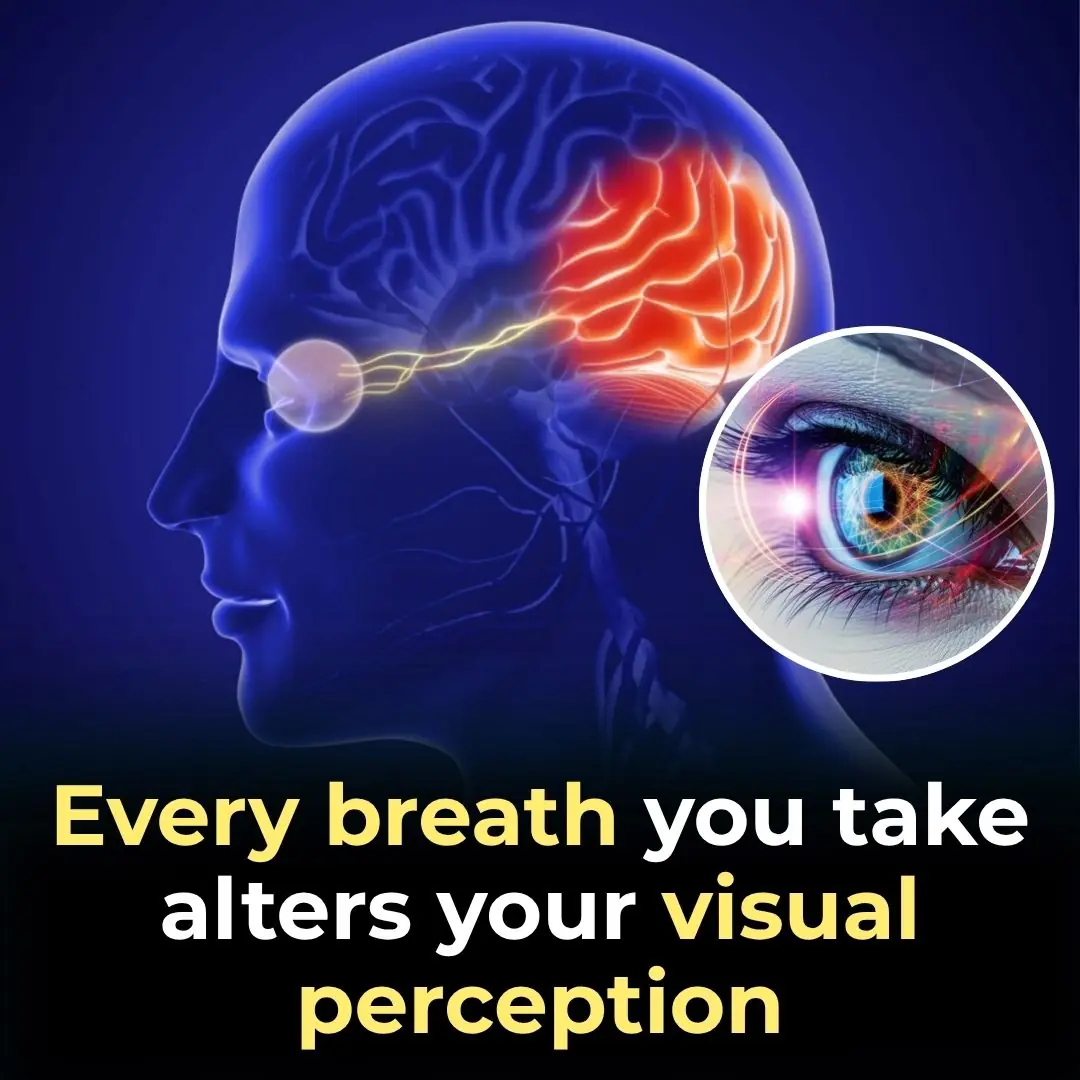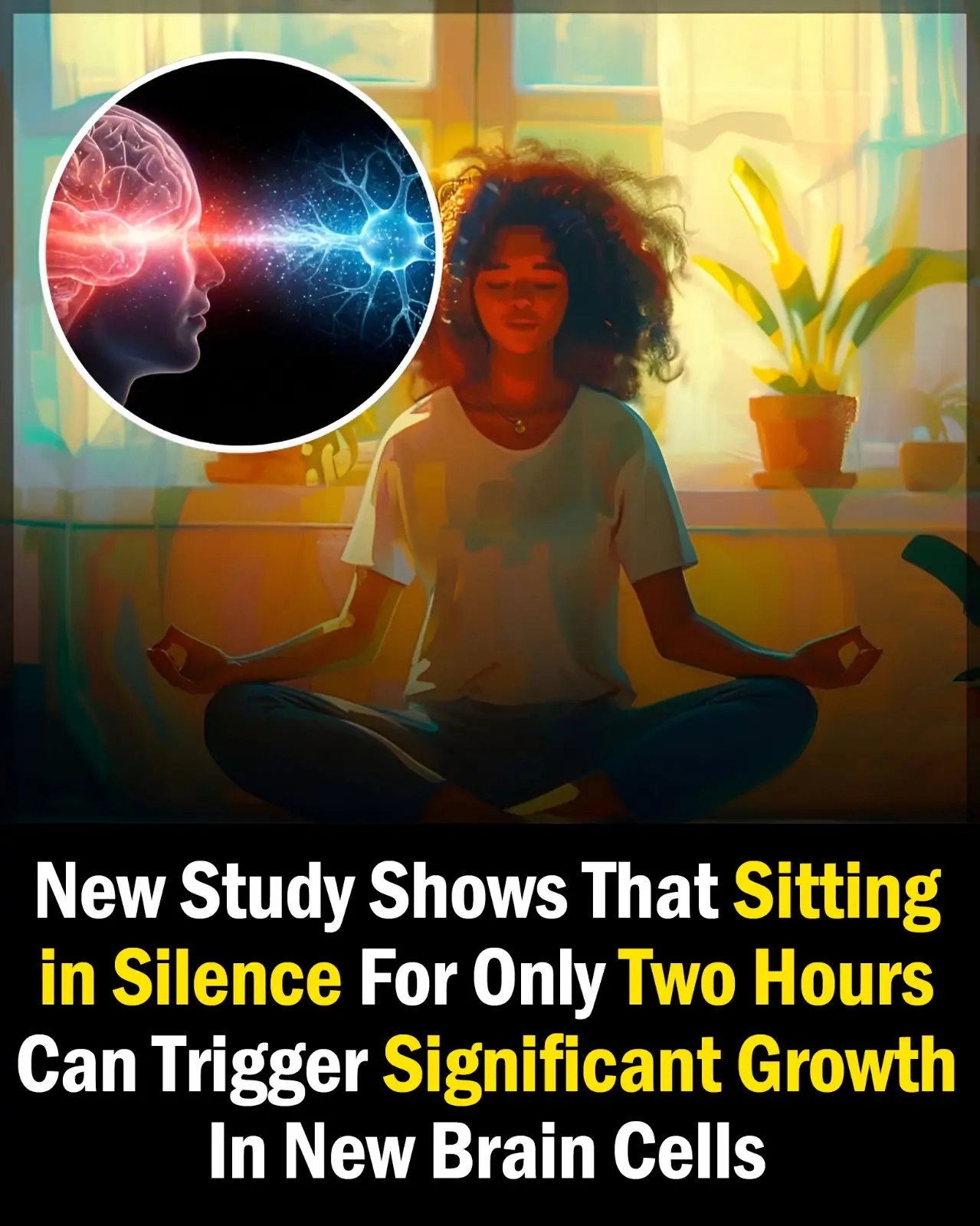
Your Brain Is Still Feeling the Impact Of The Sleep You Got Two Weeks Ago, Science Says
If you thought that tossing and turning all night was something your body could just “get over” the next day, think again. New research reveals that your brain is not just a live feed reacting to what’s happening right now—it’s also quietly processing the choices you made days, or even weeks, ago.
Yep, that sluggish fog you feel today? It might not just be about what happened last night. It could be your brain still grumbling about that sleep-deprived weekend two weeks ago. In other words, the brain is holding receipts.
This surprising revelation comes from a five-month self-tracking study led by Ana Triana of Finland’s Aalto University. Instead of running tests on a lab full of participants, she and a small research team used themselves as test subjects—equipping their daily lives with smart rings, watches, phone-based surveys, and brain scans.
What they found turns our understanding of brain behavior on its head—and opens the door to new ways of thinking about memory, focus, emotions, and long-term brain health.
⏳ Your Brain Is Always Time Traveling
We often think of the brain like a light switch: flick it on with coffee, switch it off with sleep, and you’re good to go. But Triana’s study paints a much more nuanced picture. Your brain doesn’t operate in just a “here and now” bubble—it’s more like a scrapbooker, keeping track of your every habit and stitching them into your future behavior patterns.
The researchers discovered that brain connectivity—how different regions of the brain talk to each other—doesn’t just fluctuate from moment to moment. It operates on at least two overlapping timescales:
🧠 Short-Term Effects: The Brain’s Immediate Echo
Short-term effects are like your brain’s real-time reaction to what’s happening right now or yesterday. They show up quickly—often within hours or days—and tend to be more obvious. These effects are like your brain throwing up a red flag saying, “Hey! That thing you just did? I noticed!”
What Does That Look Like?
- Sleep-Deprived Zombie Mode
You stayed up too late? Your brain pays for it the next morning. You may feel groggy, emotionally off, or have a hard time concentrating—especially in tasks requiring focus or memory recall. - Workout Glow
Just finished a jog or yoga session? Your brain rewards you right away. Increased blood flow, a boost in endorphins, and enhanced connectivity between brain regions can result in sharper attention and better mood—within hours. - Stress Spillover
Had a stressful conversation or panicked over an email? Your stress hormones can affect brain function almost instantly, especially areas like the amygdala (emotions) and prefrontal cortex (decision-making).
In short, short-term effects are your brain’s way of reacting quickly to environmental or behavioral changes. They’re usually noticeable, reversible, and tied closely to your current state.
Read more: Experts Say This One Simple Emotion Is What Gives Life True Meaning—And It’s Not Happiness
⏳ Long-Term Effects: The Brain’s Rolling Memory
Long-term effects, on the other hand, are sneakier and more subtle. They don’t show up overnight—but they linger. These are like the footprints of your lifestyle that gradually etch themselves into your brain’s wiring over several days or even weeks.
According to Triana’s study, these can last up to 15 days—meaning something you did two weeks ago might still be influencing how your brain is performing right now.
What Does That Look Like?
Mood Patterns Build Momentum
Feeling down for a day is one thing—but emotional patterns over several weeks can shift how the brain processes information. Over time, this can subtly affect mental health resilience or vulnerability.
Cumulative Sleep Debt
A single bad night might make you cranky, but several poor nights spread across a week or two? That can change how different parts of your brain communicate, particularly the networks tied to memory, attention, and mood regulation.
Physical Activity Pays Off—Later
A consistent workout routine over a week or two can strengthen brain connectivity, reduce baseline stress, and improve cognitive flexibility. The benefits compound over time, not just the day after your workout.
Ongoing Stress = Brain Rewiring
Chronic stress doesn’t just mess with your mood—it can cause the brain’s communication pathways to shift. Long-term stress may reduce connectivity in the prefrontal cortex (planning and control) and boost activity in the limbic system (fear and emotion), making you more reactive and less rational.
🧪 The Science-y Stuff (In Simple Terms)
To track these patterns, the team relied on several types of data collection:
- fMRI brain scans: Done twice weekly to observe which areas of the brain were active and connected.
- Smart rings and watches: Monitored sleep, physical activity, heart rate, and breathing.
- Mood surveys via smartphone: Used to capture emotional states in the moment, providing real-world context.
This approach—called “deep phenotyping”—goes way beyond your average clinical lab test. It’s like giving science a backstage pass to someone’s daily life.
“We told the participants to live as they normally would,” said Triana. “No changes, no pressure. Just be you—but with a lot more sensors.”
And that’s important. Because unlike a one-off brain scan in a sterile room, this method shows how real-life behaviors and feelings ripple through your brain over time.
Read more: Scientists Discovered a Hidden Brain Pattern That Could Reveal How Smart You Really Are
🧠 Why This Study Changes the Game
Most neuroscience studies rely on short snapshots—essentially treating the brain like a still photograph. But this research turns that on its head and treats the brain more like a movie in motion.
Triana emphasized that everyday lifestyle choices—especially sleep, physical activity, and stress levels—directly influence brain networks responsible for attention, memory, and complex thinking. In fact, these choices have a “compound effect,” meaning their influence builds over time. And not just emotionally, but neurologically.
This could explain a lot about why we sometimes feel off, even when nothing seems wrong. The fog, fatigue, or mental fumbles we experience today might have roots in choices we made weeks ago.
🩺 Mental Health Meets Wearable Tech
Beyond just curiosity, the implications here are huge—especially for mental health research and care.
What if we could track brain fluctuations the way we track our steps? What if therapy could be informed not just by what you say, but by your actual sleep rhythms, movement patterns, and attention cycles?
Triana suggests that combining brain data with wearable tech could unlock more personalized and preventative mental health care. Instead of waiting until a person feels unwell enough to seek help, clinicians could catch early warning signs—like disrupted brain patterns or mood changes—and intervene sooner.
This “whole-life lens” could help us understand conditions like depression, anxiety, and even burnout with a much deeper, more compassionate insight.
🛌 So…What Can You Actually Do With This Info?
Here’s the kicker: Even though this study involved only one person, the message for the rest of us is loud and clear. Your brain doesn’t just remember what you learned in school or how to ride a bike—it also “remembers” how well you’ve been taking care of yourself.
The positive flipside? You have more control over your brain’s future than you think.
Want to sharpen your focus next week? Start tonight with a solid night’s rest.
Want a better mood in two Mondays from now? Go for a walk today.
Trying to reduce anxiety for an upcoming event? Give your nervous system some steady, healthy routines now.
Because when it comes to brain health, the benefits of good habits aren’t just immediate—they’re like a mental savings account.
Read more: Signs That Someone Isn’t as Smart as They Think They Are—Backed by Science
🧩 Final Takeaway: Think in Weeks, Not Just Days
Triana sums it up perfectly:
“Don’t just think about the big week ahead. Think about the weeks leading up to the big week.”
That means the true secret to peak performance and mental clarity might not lie in last-minute prep or miracle supplements—it lies in your ordinary, everyday habits.
So while one salad won’t make you healthy, and one night of sleep won’t cure burnout, a series of better choices can. Your brain, it seems, is always watching—and waiting to reward you.
News in the same category


The first animal you spot in this visual reveals your ‘worst flaw’

NASA Claims China’s Giant Dam Is Quietly Changing Time And Earth’s Balance

One Gram of DNA Can Store Around 215 Petabytes. More Data Than All of YouTube!

The Longest Walkable Distance On Earth Which No One Is Known To Have Completed

This Military Sleep Method Helps You Fall Asleep In Less Than Two Minutes

Japan On Edge: Scientists Warn 82% Chance Of Megaquake That Could Kill 300,000

Every Breath You Take Alters Your Visual Perception

Popular Medications Millions Of People Take At Night Have Been Linked to Disabilities

10 Popular Ultra-Processed Foods Now Linked to Cancer, Study Confirms

A 9th-century onion and garlic remedy just killed 90% of antibiotic-resistant MRSA in lab tests

“If you’re that depressed, reach out to someone. And remember, suicide is a permanent solution to temporary problems.” – Robin Williams

The world’s first lung cancer vaccine enters clinical trials in seven countries

Simulation Shows Grim Reality of What Ozempic Does to Your Body Once Injected

Why You Should Blur Your House On Google Maps Before It’s Too Late

Harvard Prof Says Ancient Mars Was Home To Civilization Destroyed By Extraterrestrial Nuke

Former Bush Official Claims U.s. Built $21 Trillion Underground City For Elites To Survive Doomsday

Veteran Hacker Reveals Most Terrifying Dark Web Encounters After 30 Years Online
News Post

Can You Spot the 6 Hidden Words in This Living Room Image?

Your Body's Silent Alarms: 9 Subtle Signals of a Heart Attack, Up to a Month Before It Strikes

31 Foods Experts Say You Should Avoid (Or Severely Limit)

Heart Surgeon Warns: 4 Foods and Drinks You Should "Always Avoid" to Protect Your Body

The first animal you spot in this visual reveals your ‘worst flaw’

Nature’s Secret Superfood: Why Purslane Is the Game-Changer Your Health Needs 🌿

🚫 Say Goodbye to Weevils: Easy Tips to Keep Your Beans and Rice Safe

People Shocked To Learn What Apollo 11 Astronauts Left Behind As Life Insurance

NASA Claims China’s Giant Dam Is Quietly Changing Time And Earth’s Balance

One Gram of DNA Can Store Around 215 Petabytes. More Data Than All of YouTube!

The Longest Walkable Distance On Earth Which No One Is Known To Have Completed

12-year-old girl dies of rare cancer—parents noticed worrying sign as she brushed teeth

Just Two Hours of Sitting in Silence May Spark Growth of New Brain Cells, Study Finds

This Military Sleep Method Helps You Fall Asleep In Less Than Two Minutes

Japan On Edge: Scientists Warn 82% Chance Of Megaquake That Could Kill 300,000

Purslane: The Humble Backyard Superfood You’ll Wish You’d Known Sooner

🥒🍋 Mix Chayote and Lemon — You'll Thank Me When You Discover What It's For!

Every Breath You Take Alters Your Visual Perception

Popular Medications Millions Of People Take At Night Have Been Linked to Disabilities
